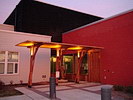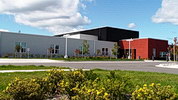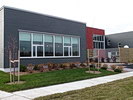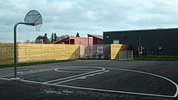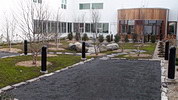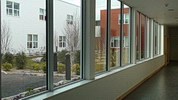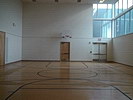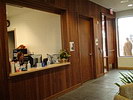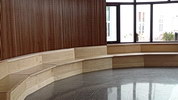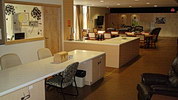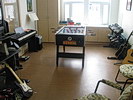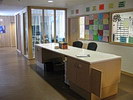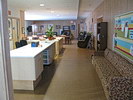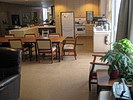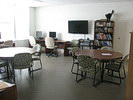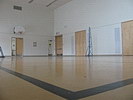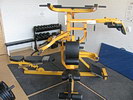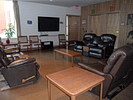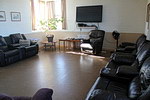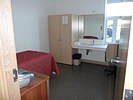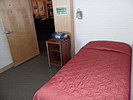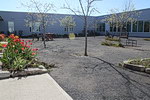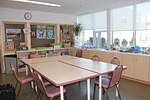| Stages |
Symptoms |
- Never used a particular drug
|
- Has tried a substance once or a few times. Use is motivated by curiosity about the drug effect.
|
- Has tried a substance once or a few times. Use is motivated by curiosity about the drug effect.
|
- Use is infrequent and irregular, usually confirmed to special occasions (holidays, birthdays, etc) or when opportunities present themselves. Usually with friends, thoughts are not pre-occupied with use..
|
- Use has a predictable pattern which may entail frequent or infrequent use (not just a recreational activity or weekends) Thoughts become pre-occupied. Negative consequences in one or more life areas.
|
- Use is regular and predictable and usually frequent. Physical addiction is possible. Psychological dependence may be present (feels a need to have the substance). Knows there s a problem but continues to use.
|
| Stages |
Symptoms
|
- Experimenting with drug use.
- Have little knowledge and usually a lot of misinformation.
- Opinions are not well formed.
- Unaware of the possible consequences.
- Many youth experiment with drugs.
|
- Seeking the mood swing.
- Some youth decide to quit (don't like the experience) liked the temporary relief from worry and anxiety were able to be more talkative become more popular.
- To make real friends they had to be themselves, to make drug friends, they just needed money.
- Money - at first easy to get, kids share their money, some steal, some sell or trade belongings and will even trade sex.
- Fronting drugs: taking various quantities of drugs away on the promise to bring money at a pre-arranged time/date.
|
- Harmful involvement.
- Preoccupation with drugs
- May be attending school but not for the right reason (dealing), socialization only.
- Absences are mounting, grades are dropping.
- Blaming others for their actions and want others to make excuses for them.
- Psychological dependence forming.
- Binge use patterns.
- Using pattern saturated with planning to use and using.
|
- Chemical Dependency
- Totally preoccupied with drugs and their lives have become unmanageable
- May be hitting bottom and depression has become their way of life
- Health may be suffering
- May despair that they can't get off drugs
- May have thoughts of suicide
- All family members are affected by the addiction in some way
- May decide to leave home
- Parents may become authoritarian and punitive but do not know how to reach the youth
- Requires professional help to make changes to using pattern
|

